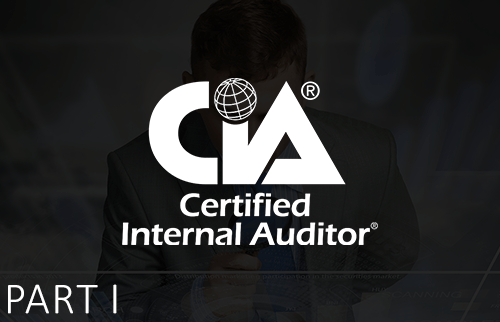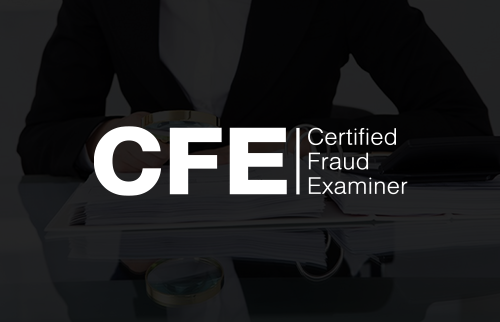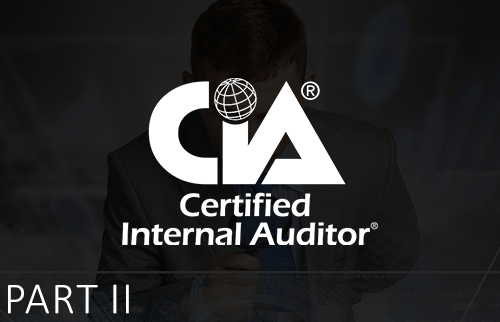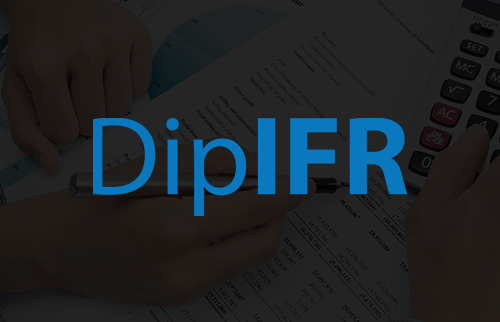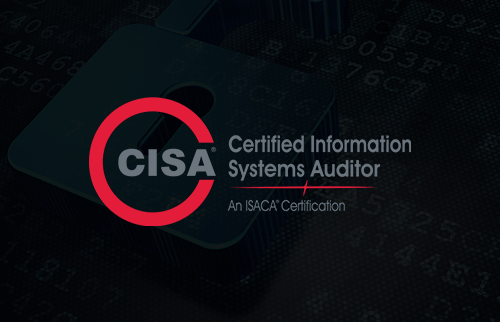مدقق نظم معلومات معتمد
التقييم
المستوى متقدم
الشهادة
الاختصار CISA
وصف الدورة
إن شهادة مدقق نظم المعلومات المعتمد هي شهادة معتمدة عالمياً لمحترفي تدقيق أمن المعلومات والتأكيد والأمن.
إن حصولك على شهادة CISA يدل على خبرتك ومهارتك ومعرفتك بالتدقيق ويؤكد على قدرتك في تقييم الثغرات والإبلاغ عن الامتثال ووضع الضوابط داخل المؤسسة.
أهداف الدورة
في نهاية الدورة، سيكون المتدربون قادرون على:
- تطوير وتنفيذ استراتيجية تدقيق نظم معلومات قائمة على المخاطر بالتزامن مع معايير تدقيق نظم المعلومات
- تقييم فعّالية هيكل حوكمة تقنية المعلومات
- ضمان أن الهيكل التنظيمي لتقنية المعلومات وإدارة الموارد البشرية يدعمان استراتيجيات المنظمة وأهدافها
- مراجعة سياسات ومعايير وإجراءات أمن المعلومات للتأكد من اكتمالها ومواءمتها مع الممارسات المتعارف عليها
وصف الشهادة
للحصول على شهادة مدقق نظم معلومات معتمد ينبغي على المتدرب تحقيق نسبة حضور تتجاوز 80%.
الشريحة المستهدفة
- مدراء التدقيق
- مدراء قسم تقنية المعلومات
- فريق التدقيق الداخلي والخارجي
- فريق إدارة المخاطر
- العاملين في مجال الأعمال والتمويل
- المحاسبين القانونيين
- العاملين في مجال تقانة المعلومات
- العاملين في مجال أمن المعلومات

الامتحان

نوع الامتحان
يتألف امتحان الـ CISA من 150 سؤال متعدد الخيارات يجب الإجابة عليها خلال 4 ساعات

كلفة الامتحان
رسم التسجيل: 575$، رسم العضوية: 135$، رسم مركز الامتحان: 35$

مراكز الامتحان
تدار اختبارات الـ CISA في مراكز PSI المعتمدة عالمياً، وإن أقرب هذه المواقع تقع في لبنان والأردن

تاريخ ووقت الامتحان
يتم تقديم الامتحانات خلال شهري حزيران وكانون الأوليتم تقديم اختبارات الـ CISA باللغة الانكليزية

لغة الامتحان
-
AlTANMYA Address
Damascus, Syria Near the US Embassy, Malki
-
Contact Number
+ (963) 11 334 5537 + (963) 99 6666 037

ابحث عن الدورات التدريبية
املأ النموذج أدناه و ابدأ البحث



